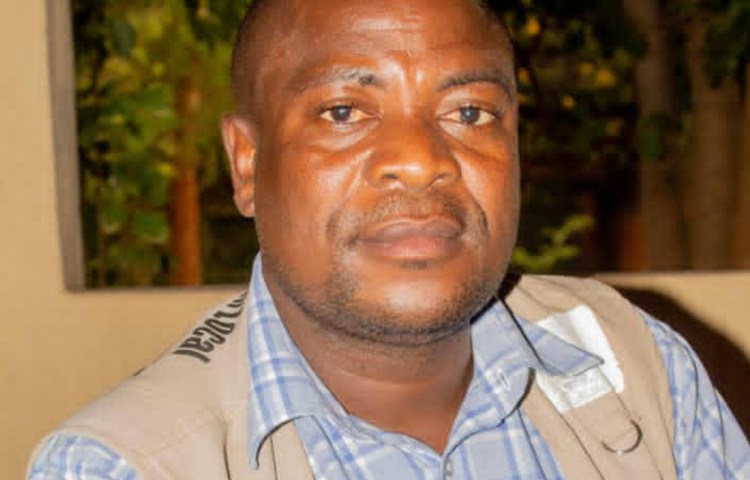
Malawi police question journalist Watipaso Mzungu over article calling president ‘a joker’
On April 6, 2021, police in the Malawi capital of Lilongwe interrogated Watipaso Mzungu, the chief reporter of the privately owned news website Nyasa Times, about an article he published on April 2, according to the journalist, who spoke to CPJ via messaging app, and a report by his outlet. In that article, Mzungu quoted…
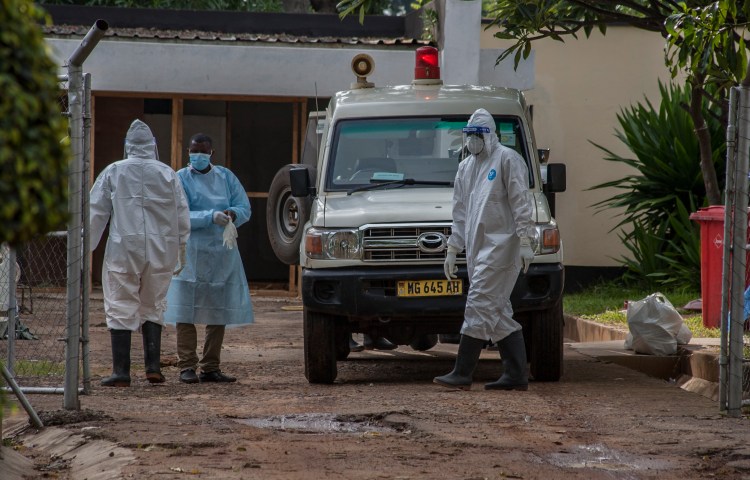
Malawian police beat journalist Henry Kijimwana Mhango for reporting on COVID-19
Abuja, January 28, 2021 — Malawian authorities should investigate the police attack on journalist Henry Kijimwana Mhango, and ensure that those responsible are held to account, the Committee to Protect Journalists said today. On January 22, a group of at least seven police officers in the Old Town area of Lilongwe, the capital, attacked Mhango,…
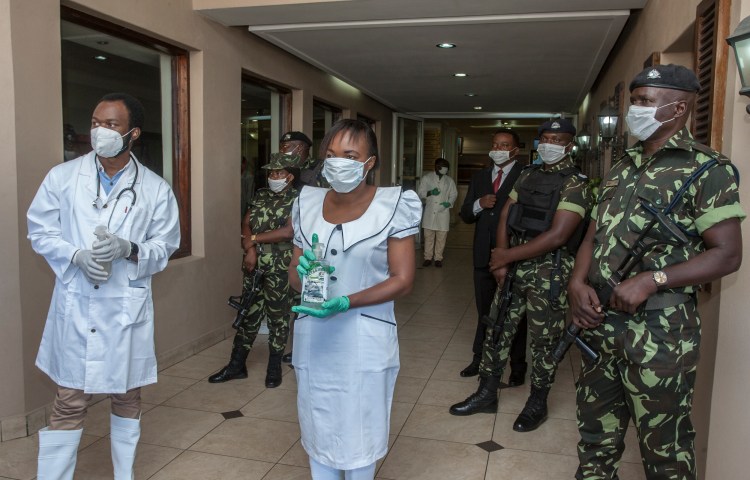
Malawi journalists threatened over commentary on education policies amid COVID-19
Beginning on August 18, 2020, unidentified social media users in Malawi have threatened journalists Stevie Kondwa Banda and George Kasakula over their commentary on the coronavirus pandemic, according to the journalists, who spoke to CPJ via messaging app. On August 18, Facebook and WhatsApp users began sending messages to Banda, a reporter for the privately…
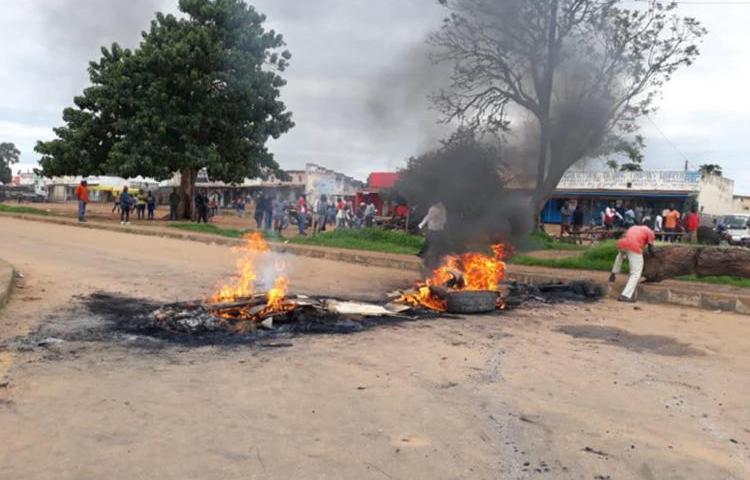
Journalist Patricia Kayuni assaulted while covering protest in Malawi
New York, January 14, 2019 — Malawian authorities should conduct a thorough and transparent investigation into the assault of journalist Patricia Kayuni and ensure that those responsible are held to account, the Committee to Protect Journalists said today.
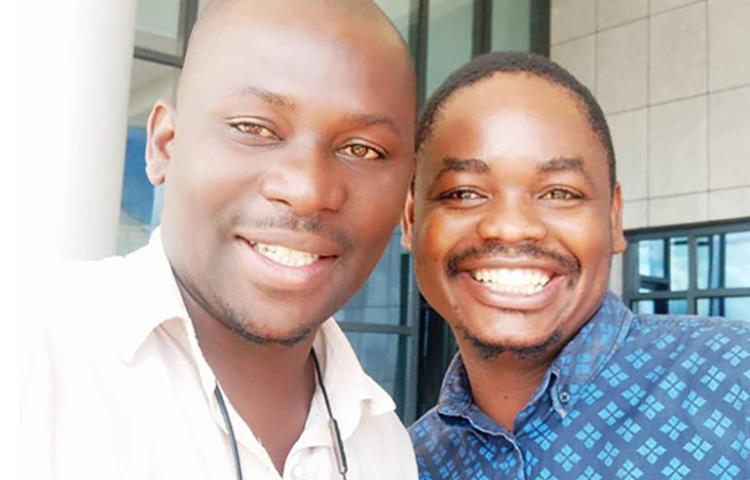
Malawi detains, charges 3 journalists seeking to cover EU delegation’s return
New York, January 10, 2020 — Malawian authorities should drop the prosecution of three journalists who wanted to cover the return to the country on January 8 of a European Union electoral observer mission, but were instead detained for two hours at Kamuzu International Airport in Lilongwe, the capital, and charged with disorderly conduct, the…
CPJ calls on SADC heads of state to prioritize press freedom and the safety of journalists
CPJ writes to the executive secretary and heads of state of the Southern African Development Community ahead of the 39th Ordinary Summit, urging them to prioritize press freedom and the safety of journalists in SADC.
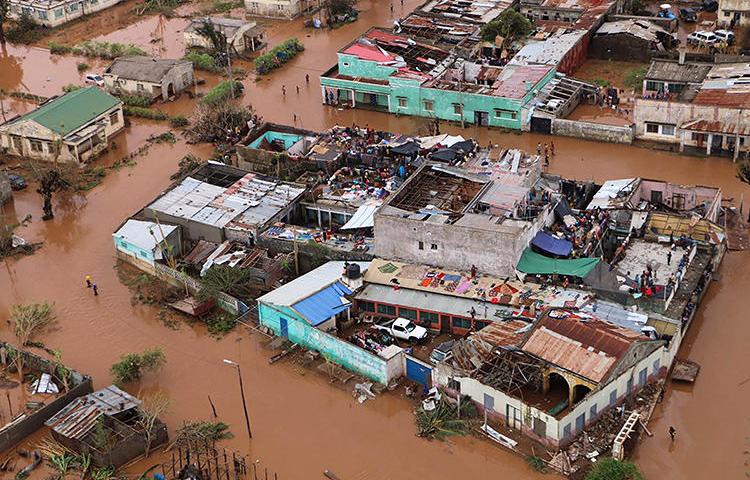
CPJ Safety Advisory: Covering the aftermath of Tropical Cyclone Idai in Southern Africa
Tropical Cyclone Idai made landfall during the night of March 14 and 15 in the Sofala province of Mozambique. The storm continued inland, causing flooding across Mozambique and parts of Zimbabwe and Malawi. The port city of Beira, Mozambique’s fourth largest city, has been flattened and the humanitarian crisis is acute, according to news reports.…
Malawian minister assaults broadcast journalist
Bodyguards for Economic, Planning and Development Minister Ralph Jooma assaulted Raphael Mlozoa, journalist for the private Zodiak Broadcasting Station, on August 25, 2013, in the southern town of Mangochi, according to news reports. The minister accused Mlozoa of false reporting and ordered his security staff to confront Mlozoa, the reports said.
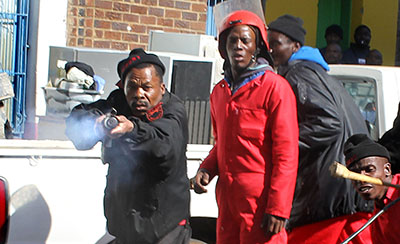
Photographers attacked: Two weeks in southern Africa
From Cape Town to Lilongwe, four photographers on routine news assignments in major southern Africa cities were assaulted by security officials in the past two weeks. The details differ, but the heavy-handed actions in each case reflect a belief among those responsible for security that they are above the law and not publicly accountable. These…
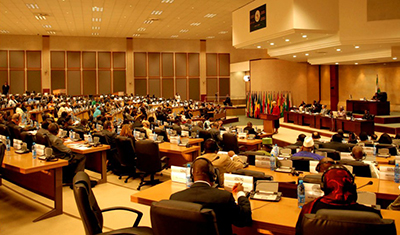
Press freedom: Challenge of changing words into deeds
The Pan African Parliament’s (PAP) launch of a media freedom campaign through a “Dialogue on Media Freedom in Africa” in mid-May marks an important and welcome starting point. For too long, media freedom has been divorced from the debate around development and democratization when it has an integral role to play in promoting transparency, underpinning…